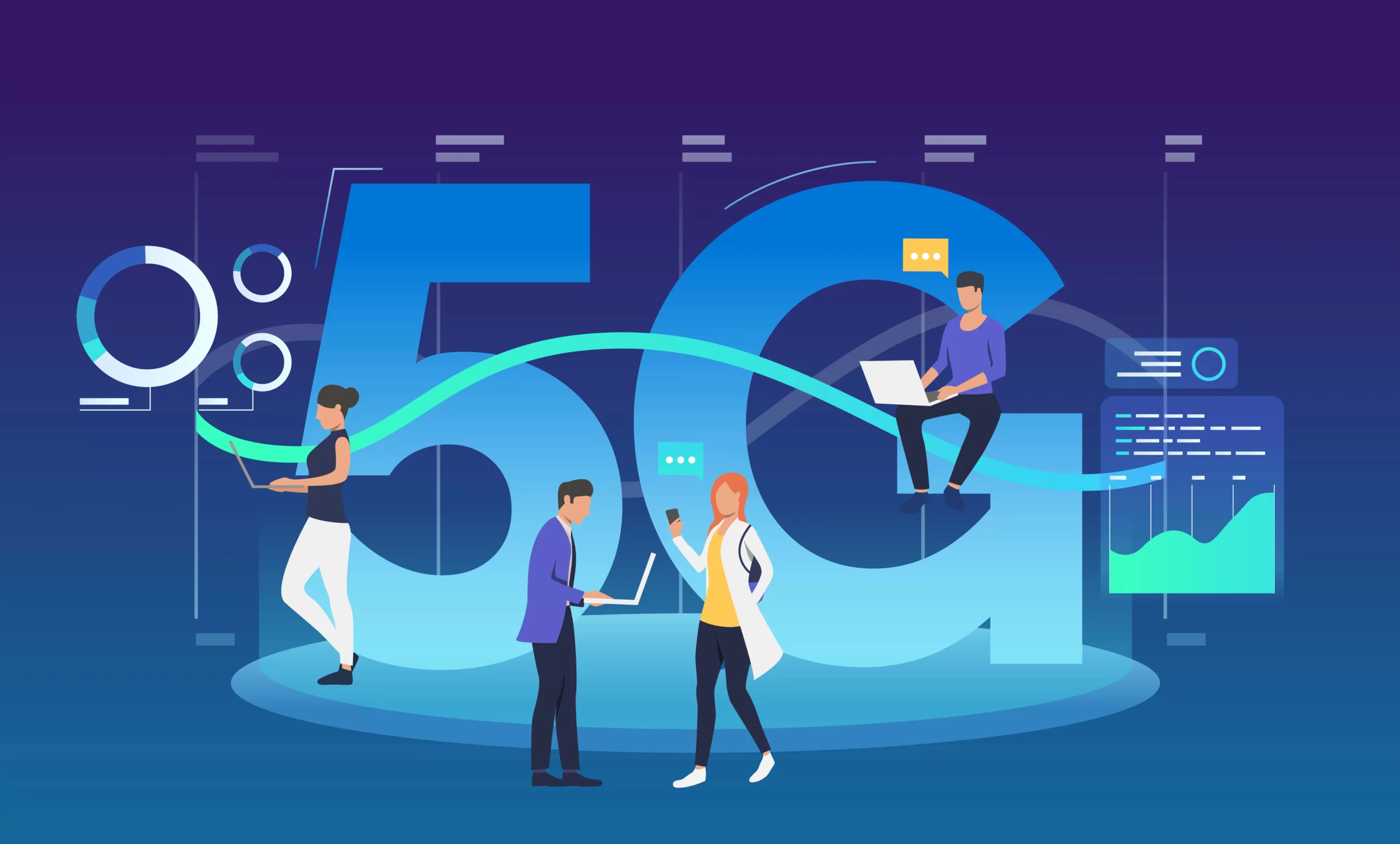The introduction of 5G technology has been hailed as a major technological breakthrough that will revolutionize the way we connect and communicate with each other. With its faster speeds, greater bandwidth, and lower latency, 5G promises to bring about a wide range of benefits for businesses, individuals, and society as a whole. However, concerns have also been raised about the potential health risks associated with 5G technology. In this article, we will explore the benefits of 5G technology and examine the evidence for and against its impact on our health.
Benefits of 5G Technology :
- Faster speeds: One of the biggest advantages of 5G technology is its ability to deliver faster download and upload speeds. This means that we can download and upload large files, stream high-quality videos, and engage in online gaming with minimal lag time.
- Greater bandwidth: 5G technology offers a wider bandwidth than previous generations of wireless technology. This means that more devices can be connected to the network without sacrificing performance or speed.
- Lower latency: 5G technology also promises to reduce latency or delay in data transfer. This will enable real-time applications like remote surgery, virtual reality, and self-driving cars to become a reality.
- Improved connectivity: 5G technology will improve connectivity in areas with poor coverage, such as rural areas and developing countries. This will make it easier for people to access the internet and participate in the digital economy.
- Enhanced productivity: 5G technology will enable businesses to streamline their operations and improve productivity by allowing employees to work from anywhere with fast and reliable connectivity.
Health Concerns :
While 5G technology offers a range of benefits, some people are concerned about its potential health risks. One of the primary concerns is the radiation emitted by 5G technology, which is believed to be higher than previous generations of wireless technology.
The type of radiation emitted by 5G technology is called non-ionizing radiation. This type of radiation is lower in energy than ionizing radiation, which is associated with cancer and other health risks. However, some studies have suggested that non-ionizing radiation can still have harmful effects on our health.
One of the main concerns is the potential for 5G technology to cause cancer. While some studies have suggested a link between exposure to non-ionizing radiation and cancer, the evidence is not conclusive. The World Health Organization has classified radiofrequency electromagnetic fields, which include the radiation emitted by 5G technology, as a possible carcinogen.
Another concern is the potential for 5G technology to affect our mental health and well-being. Some studies have suggested that exposure to non-ionizing radiation can cause symptoms like headaches, fatigue, and sleep disturbances. However, more research is needed to determine the extent of these effects and whether they are caused by exposure to 5G technology specifically.
Conclusion :
In conclusion, 5G technology offers a range of benefits that have the potential to revolutionize the way we connect and communicate with each other. However, concerns about its potential health risks cannot be ignored. While the evidence for the health risks of 5G technology is not conclusive, it is important that we continue to monitor and study the potential impacts of this technology on our health. In the meantime, individuals can take steps to reduce their exposure to radiation by using protective cases for their devices and limiting their use of wireless technology where possible.

